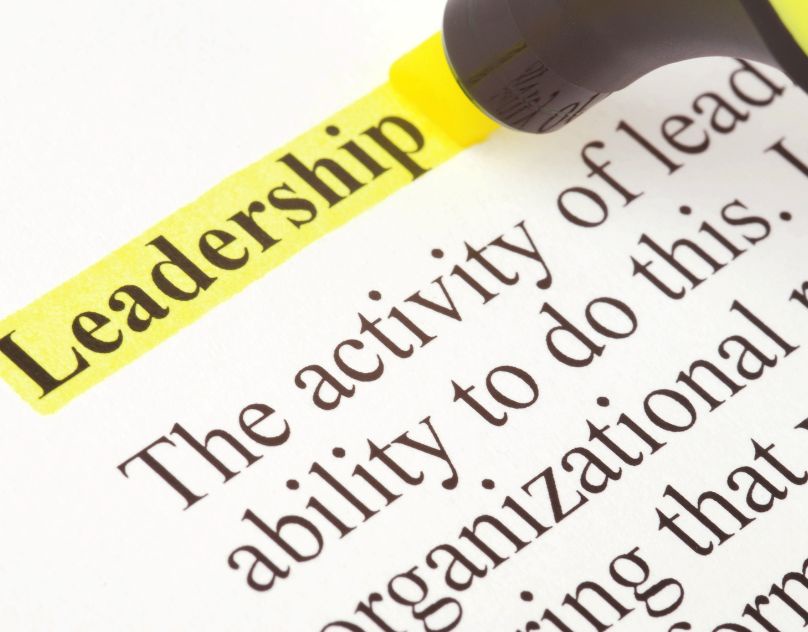Long-distance relationships (LDRs) can be both exhilarating and challenging, offering a unique set of emotional hurdles for partners. Technology may bridge the geographical gap in the digital age, but the emotional distance often requires more deliberate efforts. This article explores the emotional challenges faced by couples in long-distance relationships, delving into the importance of therapy and counselling for trauma associated with the separation.
Understanding the Emotional Landscape of Long-Distance Relationships
The Excitement and the Strain
Embarking on a long-distance relationship is often marked by excitement, fueled by the anticipation of reuniting and building a shared future. However, as time passes, the strain of physical separation can manifest in various emotional challenges. Feelings of loneliness, insecurity, and anxiety become common, potentially leading to emotional trauma if not addressed promptly.
The Impact on Mental Health
Research suggests that long-distance relationships can have a significant impact on mental health, potentially triggering symptoms akin to trauma. The constant longing for physical presence, coupled with the uncertainty of the future, can create a cocktail of emotions. It's essential to recognise these signs early on and seek appropriate support to prevent the emotional toll from escalating.
The Role of Therapy and Counselling for Trauma in Long-Distance Relationships
Building Emotional Resilience
Therapy and counselling serve as invaluable tools for couples navigating the emotional challenges of long-distance relationships. By fostering emotional resilience, individuals can develop coping mechanisms to deal with the stresses associated with physical separation. Therapists guide partners in understanding and managing their emotions, ultimately fortifying the relationship against the potential trauma.
Effective Communication Strategies
One of the primary issues in long-distance relationships is the potential communication breakdown. Therapy provides a safe space for partners to express their feelings, fears, and expectations. Learning effective communication strategies not only strengthens the emotional bond but also aids in preventing and mitigating trauma associated with the challenges of being apart.
Addressing Trust Issues
Trust is the cornerstone of any successful relationship, and the distance in long-distance relationships can sometimes strain this vital component. Therapy helps couples address and overcome trust issues by fostering open and honest conversations. Through guided sessions, partners can work towards rebuilding trust and creating a foundation for a healthier emotional connection.
Navigating Long-Distance Relationship Challenges: Tips for Success
Establishing Clear Expectations
Setting clear expectations is crucial in long-distance relationships. Partners should openly discuss their individual needs, timelines, and goals. This transparency prevents misunderstandings and provides a roadmap for the relationship's future. Therapy can facilitate these discussions and ensure both partners feel heard and understood.
Cultivating Independence
Maintaining a sense of independence is vital for individuals in long-distance relationships. While emotional reliance on a partner is natural, fostering personal growth and independence can alleviate some of the emotional strain. Therapy can guide individuals in finding a healthy balance between connection and independence, promoting a more resilient emotional state.
In the intricate dance of long-distance relationships, emotional challenges are inevitable, but with the right tools, partners can navigate the journey successfully. Therapy and counselling for trauma offer a supportive framework, empowering couples to build emotional resilience, communicate effectively, and address trust issues. By embracing these resources, couples can transform the emotional hurdles of a long-distance relationship into opportunities for growth and strengthened connection. Remember, the key lies not just in bridging the geographical gap but also in bridging the emotional one.
In summary, long-distance relationships require intentional effort, and seeking therapy and counselling for trauma is not a sign of weakness but a proactive step towards building a resilient and thriving connection, regardless of the miles that may separate you.


No comments yet